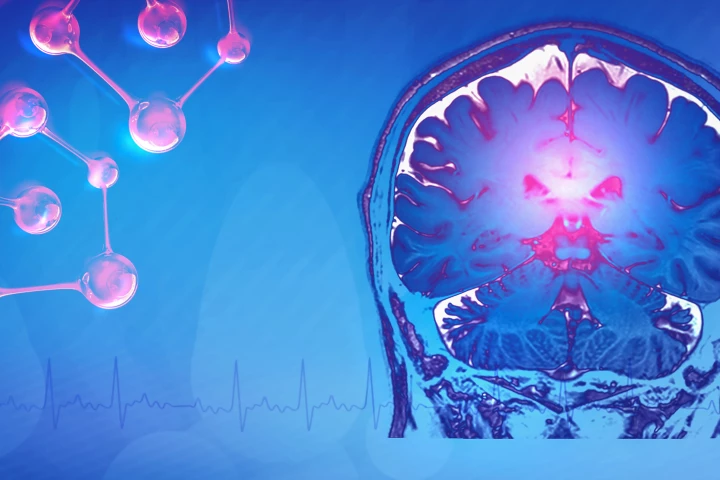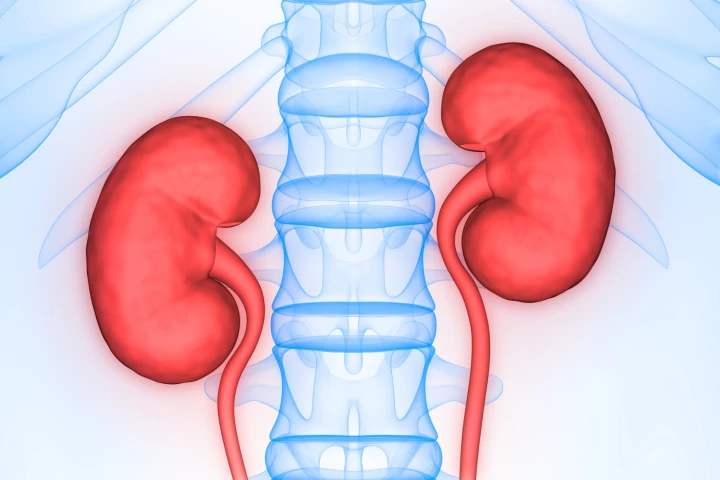Epigenetics
-
In a first-of-its-kind study, researchers zoomed in on PTSD at the single-cell level to better understand how it affects the brain. The findings revealed how trauma can lead to specific molecular changes in some brain cells.
-
Exposure to common metals has again been linked to ADHD and specific symptoms. It builds on existing research that has found a strong association between environmental contaminants like lead and a higher rate of people diagnosed with the condition.
-
Diet has a huge role in health and disease as we age, but making long-term changes are not easy. Now, researchers believe it only takes two months of eating differently to significantly reduce your 'biological' age across five major organ systems.
-
By silencing the gene responsible for regulating ‘bad’ cholesterol without altering the primary DNA sequence, researchers have unlocked the potential of epigenetic editing to safely and effectively treat not just this but a wide range of diseases.
-
A study has found that it takes longer than previously thought for the negative effects of alcohol consumption to leave a man’s sperm. The findings are important for potential fathers to factor in when they’re considering starting a family.
-
A new study led by scientists at Harvard Medical School has identified chemical cocktails that can restore cells to a more youthful state, paving the way for aging reversal treatments that are more accessible than gene therapy.
-
In a world first, scientists have mapped the dog epigenome. It opens the door to a better understanding of how environmental factors influence gene expression and to the development of new disease treatments for both us and our canine best friends.
-
Researchers have developed an algorithm that uses genetic markers to predict whether a type 2 diabetic will develop kidney disease years in advance, offering early treatment of this common and serious - but preventable - complication.
-
Harvard scientists have investigated why we age, and how we could stop it. In tests in mice, the team showed that epigenetic “software glitches” drive the symptoms of aging – and a system reboot can reverse them, potentially extending lifespan.
-
New research has homed in on the way our genes can be turned up or down depending on levels of physical activity. The unique study focused on exercise-induced epigenetic differences in genetically identical twins.
-
Researchers at EPFL have found that an existing drug used to treat cancer, among other things, also seems to improve memory. Intriguingly, tests in mice show that the drug works by switching on genes associated with brain plasticity.
-
Sharing information is crucial for species to survive, but how do simple lifeforms like worms spread the word? New research has found that roundworms can transfer “memories” to their neighbors, and pass them down to their offspring for generations.
Load More











